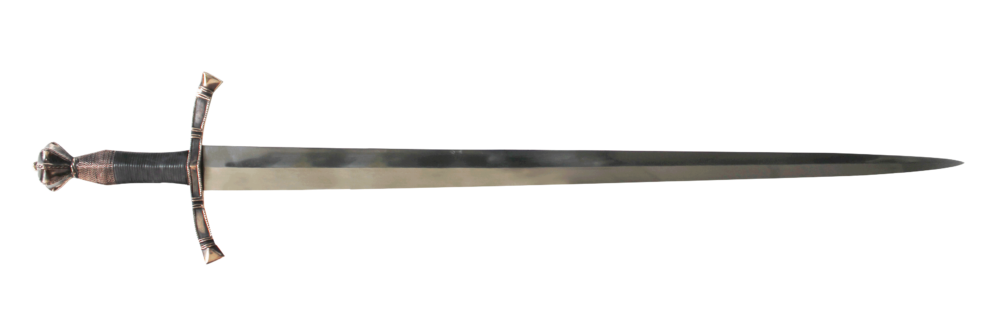By Tim Pearce

The judge in the case of attorney Michael Sussmann will review a batch of Clinton campaign emails and other documents to determine whether they were improperly concealed from the court.
Judge Christopher Cooper’s ruling is a victory for special counsel John Durham, who has pushed to introduce the documents as evidence in his case against Sussmann, who is charged with lying to the FBI in 2016 about his motivations for presenting the bureau with later debunked evidence of the Trump Organization communicating with Russia’s Alfa Bank. Hillary for America, the law firm Perkins Coi, and others involved in the allegations against former President Donald Trump claimed that the communications and documents Durham is after are protected under attorney-client privilege, according to The Washington Examiner.
Cooper acquiesced to Durham’s request on Wednesday to view the emails in an “in camera” setting, or in a private area away from the public and press. The batch of documents include a contract between Perkins Coie and the research firm Fusion GPS. The documents also include 30 “internal Fusion emails” and eight emails between Sussman and tech executive Rodney Joffe, who is alleged to have helped Sussmann compile the faulty data the attorney presented to the FBI. All of the emails relate to the Alfa Bank allegations, according to a court transcript.
The 38 emails are part of a batch of about 1,500 messages that Fusion GPS has asserted attorney-client privilege over. Cooper questioned Durham prosecutor Jonathan Algor about his intended purpose for the other emails should some of the in camera emails be included in the trial.
“So if I were to rule that the 30 emails are not privileged, you’re not going to come back to me with the 1,500 that you want to review?” Cooper asked, according to the transcript.
Algor answered no, but hinted that Durham may have plans to bring more charges in the future. So far, Durham has charged three people in his investigation into the origin of the Trump-Russia collusion conspiracy. All three men – Sussmann, Russian analyst Igor Danchenko, and former FBI lawyer Kevin Clinesmith – were charged with making false statements to the FBI.
“Your honor, so I – not for this trial. I do think that your honor’s decision, though, is important for other investigations,” Algor told Cooper.
Sussmann approached then-FBI general counsel James Baker in 2016 with what Sussmann claimed was evidence of a secret backchannel between the Trump Organization and the Russian Alfa Bank. Sussmann allegedly deceived Baker about his motivations for presenting the evidence, specifically that the Perkins Coie attorney was representing both the campaign of then-Democratic presidential candidate Hillary Clinton and Joffe.
In an earlier filing to the court, Durham said that the CIA had concluded that some of the evidence that Sussmann presented to the FBI was more than just false; it appeared to be purposely faked. Durham wrote in an April 15 filing:
For example, while the FBI did not reach an ultimate conclusion regarding the data’s accuracy or whether it might have been in whole or in part genuine, spoofed, altered, or fabricated, Agency-2 concluded in early 2017 that the Russian Bank-1 data and Russian Phone Provider-1 data was not “technically plausible,” did not “withstand technical scrutiny,” “contained gaps,” “conflicted with [itself],” and was “user created and not machine/tool generated.” The Special Counsel’s Office has not reached a definitive conclusion in this regard.
